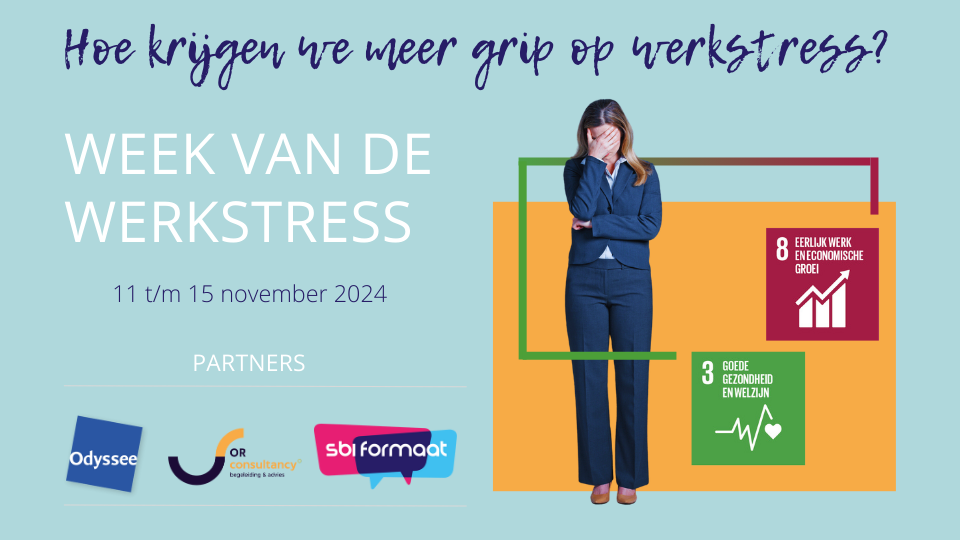“Pay the Lawyer!” (5/25)

25 years of EWC directive, 25 years of EWC Service
Last week the British Central Arbitration Committee (CAC) issued an important decision concerning European Works Councils (EWC). The CAC is the committee that rules on complaints by EWCs that are subject to British legislation. This decision concerns the failure to adhere to information and consultation procedures of the EWC Agreement of the US telecom company Verizon. Next to that the EWC had also submitted a complaint concerning the payment of the legal assistance.
The complaints concerning information and consultation were easily dealt with, because during the hearing the Company admitted that they had been wrong. For instance, the EWC had complained that the Employer had failed to invite the affected to countries to the extraordinary meeting. The Employer, in hindsight, agreed that this was an omission and they should have invited these country representatives to the meeting.
The EWC had also complained about the excessive use of the confidentiality clause, and the company’s firm restriction to communicate with the other EWC members. Even after the meeting, the Select Committee members were not allowed to contact the representatives from affected countries. Also in this case a the Company agreed that this use of the confidentiality clause was not appropriate. They should have identified which information was restricted with a motivation and a timeframe. Since the Company admitted that the complaints of the EWC were justified, the Arbitration committee did not address these issues.
The EWC’s complaint concerning the payment of the legal costs was more controversial. This complaint dealt with the right for the EWC to call in legal support when going to the CAC and to the duty of the company to pay for the costs of this legal support. The Verizon EWC lawyer quoted the Charter of Fundamental Rights of the European Union that states: “Legal aid shall be made available to those who lack sufficient resources in so far as such aid is necessary to ensure effective access to justice.”
The Company referred to the ‘Emerson case’, a CAC decision of 2016. At that time, the CAC had ruled that: “The CAC is not a body where lawyers are required” and a failure to pay legal costs as such, is not in breach with the UK EWC Regulations. This ruling was very much to the detriment of EWCs that needed to claim reimbursement of legal costs.
The Verizon EWC lawyer however, explained that the ‘Emerson case’ should be assessed in its own context and on its own merits. In this particular case the Emerson Company had offered to pay the costs of the legal expert at the hearing which made this case an entirely different one.
The fact that both the EWC lawyer and the chair of the Arbitration committee in the Verizon procedure were involved in the Emerson case as well, made the hearing even more interesting. This perhaps explains the miraculous somersault in the final verdict. On the one hand, the committee stated that a failure to pay legal costs as such, does not constitute a breach of the EWC Agreement or the UK Rules. “However this does not mean that it can never constitute such a breach.” As a general principle, the assistance of an expert is “necessary” and falls within the “means required”. The expert is entitled to reasonable payment and the reasonable expenses of his or her appointment should be borne by the Company.
So it is clear and we believe this also supports other EWCs taking legal action! If the EWC decides to go to court, the Company is expected to pay the ‘reasonable’ legal costs.
For the full text of the decision, please see: https://www.gov.uk/government/publications/cac-outcome-verizon-ewc-the-central-management-of-verizon-group
Have you ever considered the need for legal support? And if so, was it granted?
Sjef Stoop , EWC trainer and advisor





